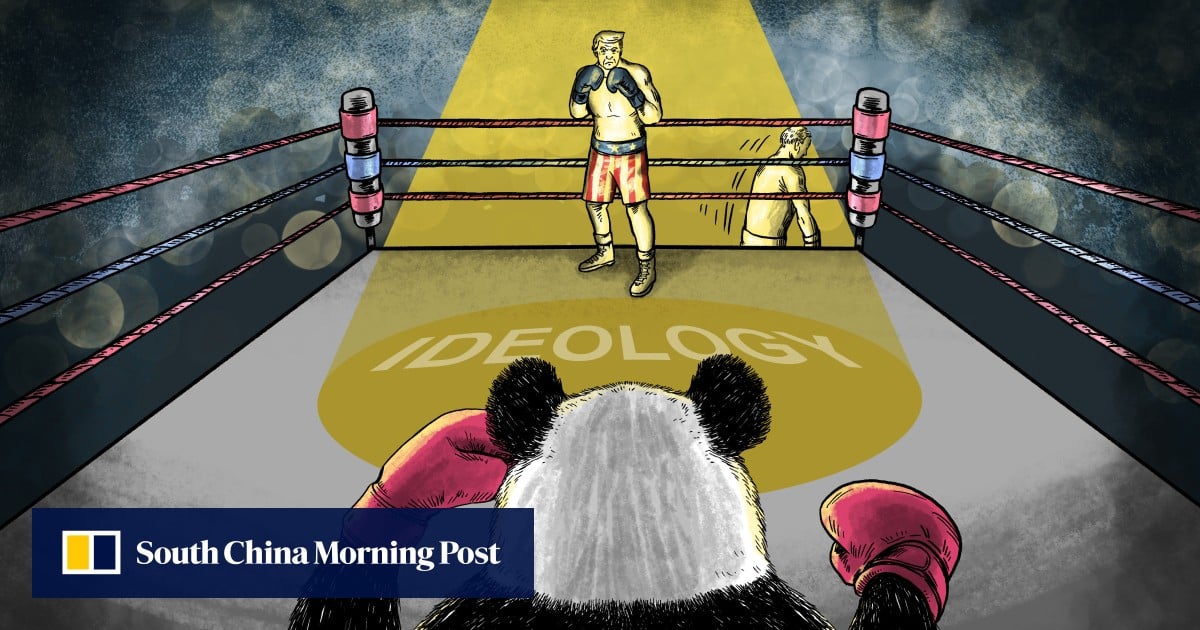Anyone who has ever tried to dispute a medical bill knows that there is a subtext of “You’ll pay through the nose and LIKE IT” to healthcare costs. Not only are the billing details confusing, but the requirements for insurance coverage seem to be in a constant state of flux. It can seem as though insurers intentionally create a painful process in the hope that most patients will give up and just pay.
Negotiating the cost of healthcare is not necessarily an easy process, but it is entirely possible to lower your medical bills without succumbing to screaming frustration. Here’s how.
Take Your Time
Unlike an unpaid credit card or auto loan, your unpaid medical bills will not affect your credit score until a year has passed. That’s because the time period before unpaid medical debt is reported to the three major credit bureaus was increased from six months to 1 year as of 2022. This gives patients the necessary time to work with their medical providers and insurance companies to correct errors, appeal decisions, or set up payment plans.
Additionally, as of 2023 medical debt under $500 is no longer reported to the credit bureaus. So patients with debts below that amount do not need to worry that a lingering bill will hurt their credit score.
Know Your Rights as a Patient
Prior to January 2022, a patient who saw an out-of-network doctor while getting care at an in-network medical facility might have been in for a surprise bill. In these cases, even if insurance covered part of the bill, it would ask the patient to pay the much higher out-of-network coinsurance or copay amount.
Thankfully, the No Surprises Act has limited the amount of money patients have to pay for emergency or other medical services from out-of-network providers without prior authorization. In other words, it is now illegal for your insurance company to say “If you didn’t want to pay out-of-network rates, you should have asked the ambulance to take you to the in-network hospital across town while you were unconscious!”
Under this law, if you receive out-of-network care, you generally have to pay only the normal in-network amount. If your insurance company denies all or part of your claim, there is an appeals process that will be outlined in your insurance plan documents. Additionally, the law stipulates that it is the responsibility of the healthcare service provider and the insurer to negotiate a deal with each other. The patient is not responsible.
Request an Itemized Bill
Even if you go to an in-network healthcare provider, your medical bills can still sometimes rival the gross domestic product of a small island nation. If you have received an exorbitant bill, ask your healthcare provider to send you an itemized version that breaks down the charges in detail. You also have the right to ask your healthcare provider to explain each of the charges.
When you receive your itemized bill, compare it to the explanation of benefits (EOB) provided by your insurer. This will help you understand exactly what you are being billed for and gives you the opportunity to identify and correct any errors. Medical billing errors are relatively common, so an itemized bill can help you determine whether you have been charged twice for a single service, charged for services you didn’t receive, or charged an incorrect balance.
Ask for a Discount
If your medical bills have no errors but you still cannot afford to pay them, call to speak to the billing department to ask for a lower bill. Patients struggling with medical expenses are all too common, and your healthcare provider’s billing department generally has authority to negotiate with you.
For instance, many doctors will accept payment over time with a payment plan and provide a no-fee method of making monthly payments. Alternatively, providers may also forgive a portion of your bill if you can make an immediate, smaller payment.
It’s also helpful to remember that your medical provider may sell your debt to a collections agency after 90 days of delinquency—but for a fraction of what you owe. That means your provider may be motivated to work with you to avoid losing money by selling your debt to collections.
Keeping Your Finances Healthy
The U.S. healthcare system is expensive and difficult to navigate, but that doesn’t mean you’re stuck paying whatever incomprehensible medical bills you receive. Understanding what rights you have as a consumer and a patient can help you push back against unreasonable bills, and by checking your itemized bills and asking for discounts you could potentially reduce the amount you owe in short order.
Recognize your company’s culture of innovation by applying to this year’s Best Workplaces for Innovators Awards before the extended deadline, April 12.







